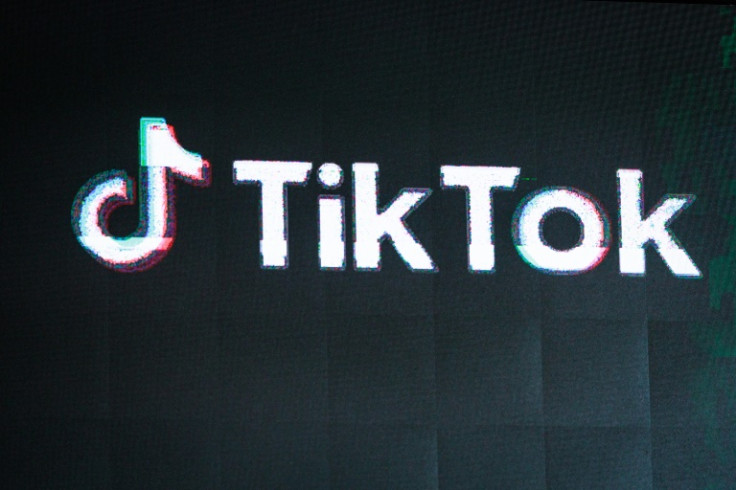
TikTok on Thursday began letting all marketers on its platform use an artificial intelligence-powered tool for generating marketing clips, becoming the latest platform to let advertisers tap into the technology.
The news came with word that Getty Images will make its stockpile of pictures and video available to TikTok's AI-powered video generation tool -- called Symphony Creative Studio.
Brands will be able to use Getty's licensed images and videos to create AI-generated ads, including marketing messages featuring characters resembling real people, according to the companies.
Getty and TikTok did not disclose financial terms of the deal.
The Getty Images integration is part of an expansion of TikTok tools for advertisers and content creators, according to the Chinese-owned app.
"We aim to empower advertisers and help them connect with their communities with the power of generative AI," TikTok head of creative product monetization Andy Yang said in a joint release.
AI-driven tools with the potential to help make money have been eagerly sought since generative AI caught the world's attention with OpenAI's release of ChatGPT in late 2022.
The technology can produce videos, pictures or written works quickly based on demands expressed in everyday language.
Questions have arisen, however, regarding how companies investing billions of dollars in AI will profit from it.
Last month, online advertising titans Amazon, Google, and Facebook-parent Meta launched tools putting AI to work helping create ads for their platforms.
"With the surge in demand for authentic storytelling in advertising, the need for captivating, high-quality content to convey these stories effectively to audiences has never been greater," Getty Images senior vice president of global strategic partnerships Peter Orlowsky said in the joint release.
Generative AI models trained on images, articles and other data found online have elated some users, while arousing ire in authors, artists and others who believe their creations are being absorbed without them being asked or compensated.
Publications such as the New York Times have filed lawsuits to defend their content, while some news organizations have opted to make licensing deals.




